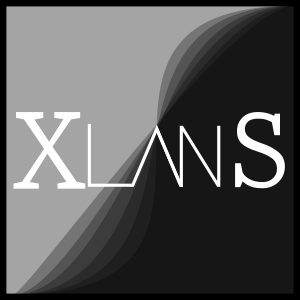We invite submissions for talks, short talks and posters.
Abstract submission deadline: 1st June Deadline extended to 14th June, Midnight (France)
Languages change through time across levels of description, from phonetic shifts to innovations in the vocabulary and the grammar, transformations of semantic associations and pragmatic norms. Change has always been present in the thinking of traditional linguistics: on the one hand, some transitions are deemed to be more “natural” (vowels occurring adjacent to nasal consonants becoming nasal themselves or OV/VO languages developing post/prepositions, respectively) or “economical” (long frequent words become shorter) than others. On the other hand, change might be induced by contact with other communities of speakers that possess different language structures (tonal systems spread through areas). In most of these cases, however, it becomes hard to distinguish assessment from theory or mechanistic explanations - some changes are considered more likely to take place simply because they have been ascertained more frequently.
The aim of this conference is to critically discuss what we know in the 21st century about triggers of change in languages by revisiting old notions from linguistics (and new concepts from elsewhere), gathering together specialists from a wide spectra of disciplines and focusing on what the mechanisms ultimately are.
Some of the issues we try to tackle are:
What is different between language and other cultural systems’ transmission? If language is produced on an utterance-by-utterance basis, how is that they display a more or less discrete behaviour? What is the demography of the initiators of change: women, men, young, old, wealthy, poor? What is the role of the environment on both the individuals and the populations in relation to language change? What can we learn from experiments in the lab that attempt to mimic the conditions of change? Can we distinguish adaptive from neutral change? Are models from biology, physics and economy useful to capture the dynamics of languages? What is the role of modality in change? Are non-human animal communication systems as dynamic as human languages?
Submission Format
Submissions must follow the templates provided below.
- 1 A4 page for title, authors and affiliations
- 1 A4 page for the text of the abstract (including figures)
- 1 A4 page for references
Please use the templates provided, available in the following formats: Microsoft Word (doc, docx), Open Office (odt), Latex and Markdown (ideally compiled in knitr).
Download Paper Templates
Presentation format
We are offering the following presentation formats:
- Standard talk
- Poster presentation (in a dedicated poster session)
- Lightning talk (5 minutes)
You will be able to specify your preferred presentation format on the submission page.
Submission
Submit now (open)
If you would like to apply for a scholarship for students from the developing world, please do so separately, see the Registration section.


